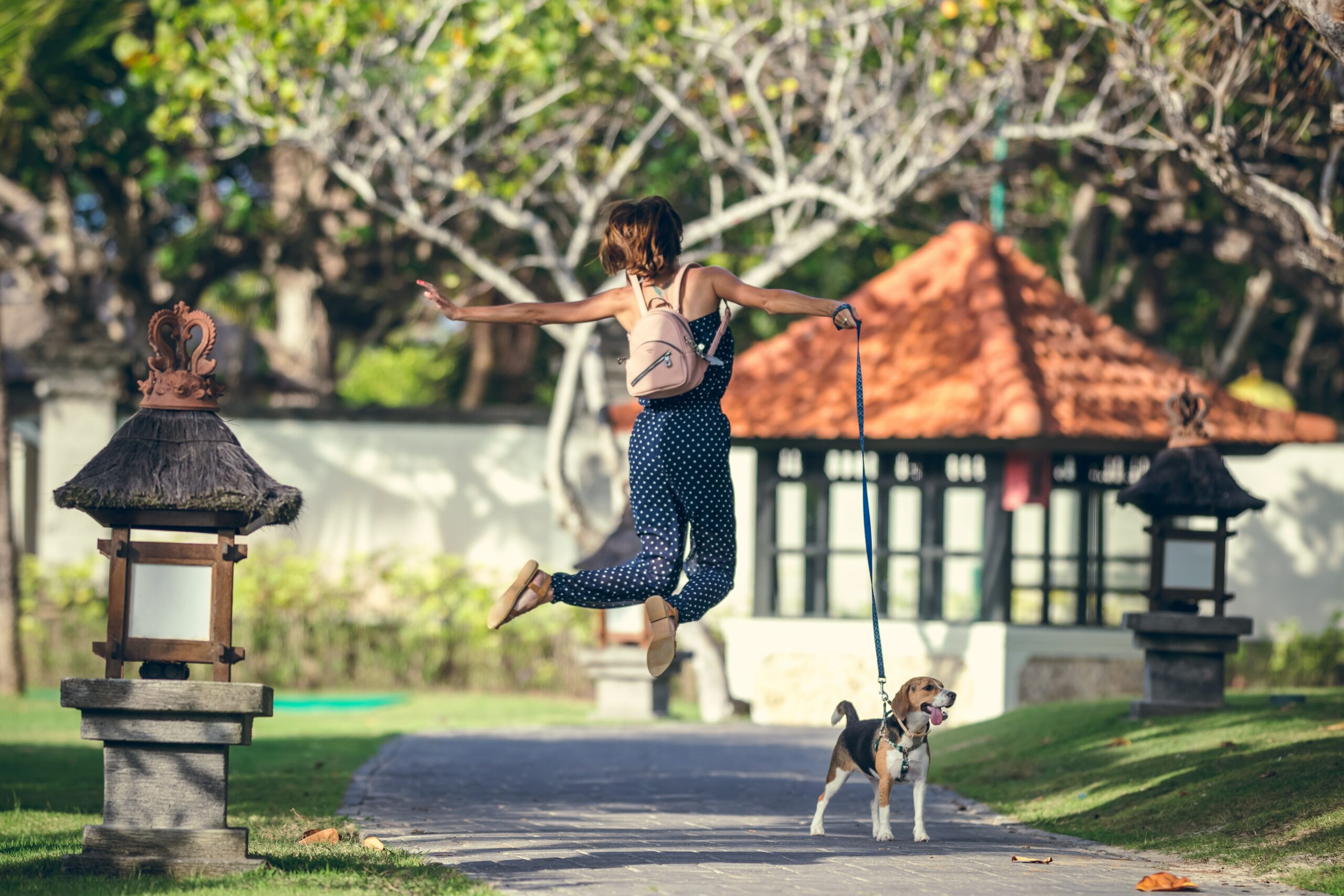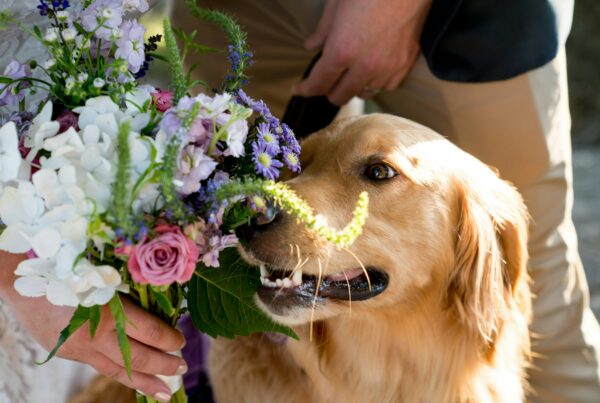Dogs have personality coming out of their ears, even if those ears are floppy. Most folks aspire to be the best doggie parents they can be, but sometimes it’s not easy. Where is the line between a well-trained dog and one that lives in a kind of subjugation? How do you know if your dogs are getting what they need for exercise and nutrition? Should they sleep in the bed with you or in a crate on the floor?
There is so much to think about when you have a dog, while also balancing work, family and whatever other obligations you have going on. It shouldn’t be a chore to live together. If you feel like you might not be the best dog parent, there are things you may not have thought about that can improve your situation.
1. Learn to Tell When They Are Stressed
Stress is bad for people and bad for dogs, too. Stress increases a dog’s cortisol level, which is their flight or fight hormone. Remember that most dogs are capable of acquiring the intelligence of a two-year-old, so they don’t understand how to process the stress. When cortisol levels remain high over time, the dog can suffer long-term metabolic effects.
Indicators that dogs are feeling stress include:
- Trembling
- Hiding or avoiding attention
- Excessive yawning
- Excessive licking of lips or paws
- Shaking or shivering
2. Pencil In Playtime
You don’t need to look at gap year pros and cons to plan time to play with your dogs. Remember, though, that your dog is a kinesthetic creature and that you mean everything to him or her. Walking might not qualify as playtime, but it still counts.
Throwing a ball or frisbee is a classic play exercise for dogs and you can also go hog wild with squeaky toys (make sure they are stitched well lest the squeaker pop out). Playtime can also include engaging your dog on another level. Creating games that challenge their skills, like hiding treats or yourself, or chasing each other around, is sure to bring joy to your pup.
There are also button sets that you can use to teach and encourage your dog to show intelligence and communication, using the buttons to answer questions.
3. Be the Responsible One
You are there to keep them safe. A huge part of this is respecting whatever leash laws your community has and never leaving your dog unattended outside of your home. People sometimes forget that even though a human probably won’t chase a squirrel away at the drop of a hat, plenty of dogs will.
Learn about the breed and the singular needs that come with it, including appropriate feeding and grooming habits. It takes attention and diligence to learn how best to help develop good behavior while curbing bad behavior.
4. Let Them Know You Love Them

Light touch is key!
Establishing and maintaining a bond is so important with a dog. Have you ever looked up to see them staring at you as though they’ve been waiting for eons to get your attention? You should feel free at that moment to stop what you are doing, get up and enjoy a nuzzle, belly rub or play session.
Sharing your love will come right back to benefit you, too. Petting your dog can release dopamine, prolactin and oxytocin in your brain, making you feel good. The benefits to them are obvious, as they will generally happily yield to your petting. Dogs like to be lightly touched to deeply relax. Be sure to use a feathers touch and move two fingers in a circular motion the size of a sand dollar and at a super slow speed.
5. Always Consider Their Needs
They might not need your support every minute of the day, but keeping their needs on your radar is beneficial to the relationship. Make sure to keep up with visits to your veterinarian, shots and medicines.
At home, make sure that they can’t get into anything that they shouldn’t. Also pay attention to external elements, such as noise or visual stimulation, that might make them uncomfortable. Give them comfortable rest spaces that they can access at their leisure.
Being a dog parent should be a fun and rewarding experience. You are in charge but you have to understand where command and control meet playful. Their health and happiness are your responsibility and what’s more, you’re all they have.
photo cred: https://unsplash.com/photos/zfzt6yz0DE8
https://unsplash.com/photos/QqR7dhLq4I8
Love our content? Share it with a friend or link it to social media. Like short clips of cute household pets? Training tips? Follow us on instagram @nydognanny or on YouTube at nydognanny. Have some news you needs to get to dog and cat parents stat? Email info@newyorkdognanny.com with your article pitch.




